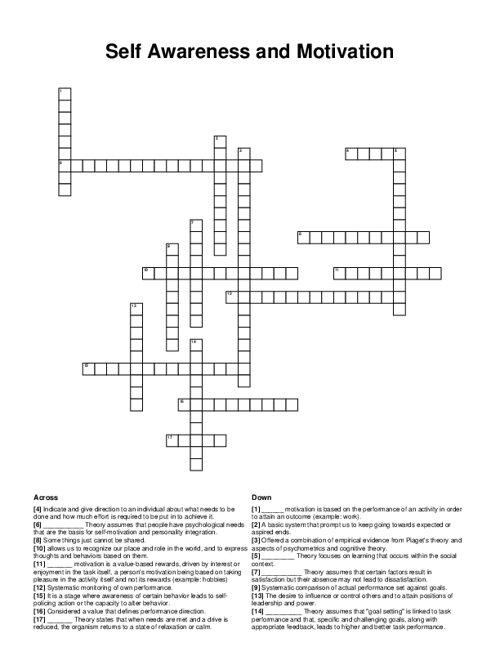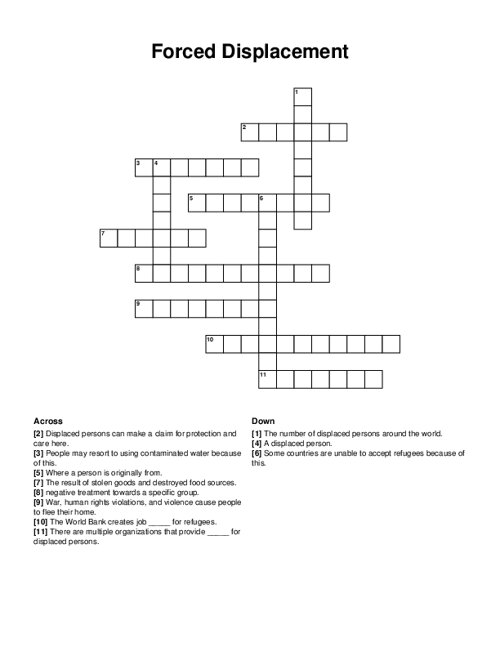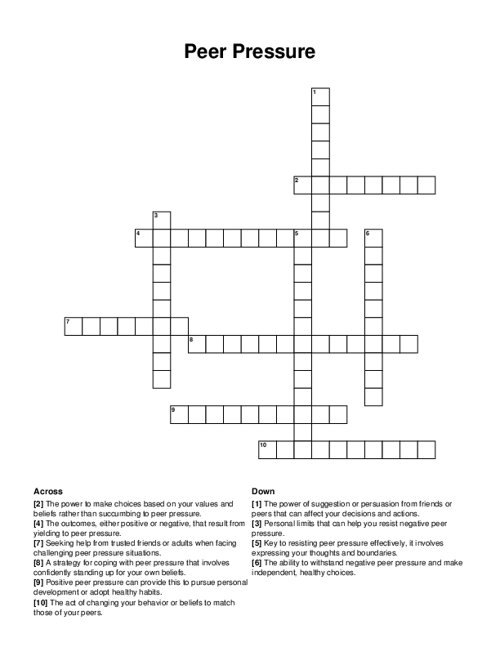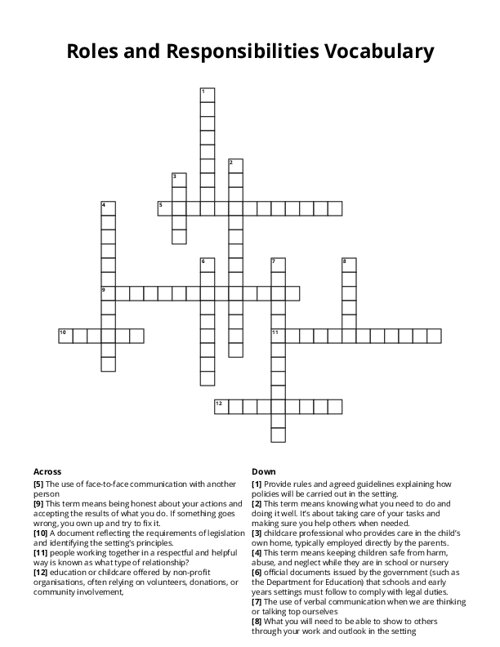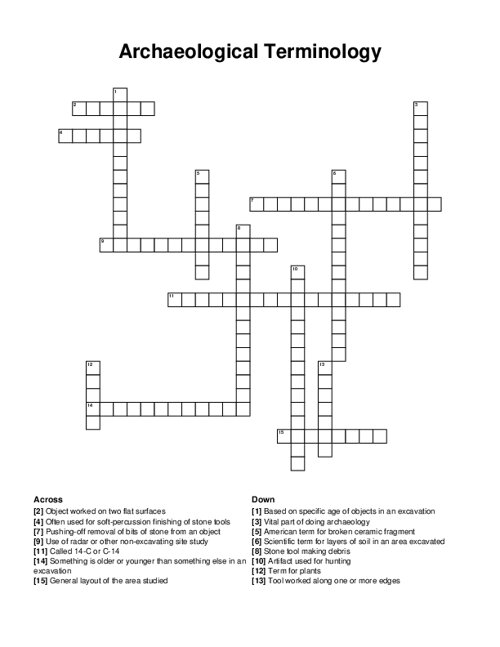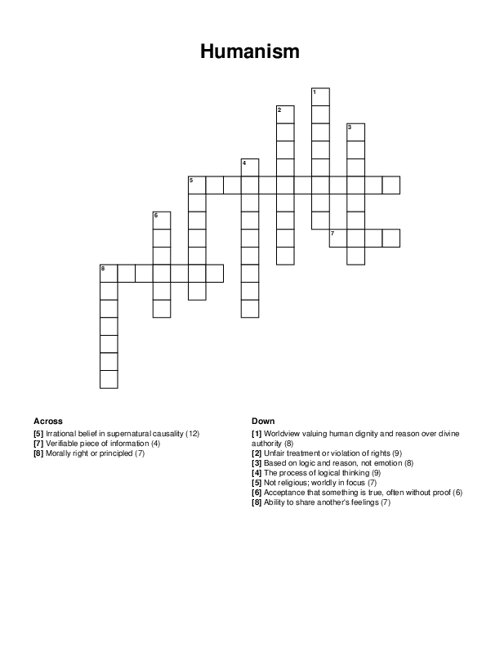Self Awareness and Motivation Crossword Puzzle
Download and print this Self Awareness and Motivation crossword puzzle.
Related puzzles:
Browse all Society / Culture Puzzles
QUESTIONS LIST:
- self awareness: allows us to recognize our place and role in the world, and to express thoughts and behaviors based on them.
- cognitive development: offered a combination of empirical evidence from piaget's theory and aspects of psychometrics and cognitive theory.
- private self: some things just cannot be shared.
- self regulation: it is a stage where awareness of certain behavior leads to self-policing action or the capacity to alter behavior.
- social learning: _ theory focuses on learning that occurs within the social context.
- self determination: _ theory assumes that people have psychological needs that are the basis for self-motivation and personality integration.
- self observation: systematic monitoring of own performance.
- self judge: systematic comparison of actual performance set against goals.
- motivation: a basic system that prompt us to keep going towards expected or aspired ends.
- two factor: _ theory assumes that certain factors result in satisfaction but their absence may not lead to dissatisfaction.
- goal setting: _ theory assumes that "goal setting" is linked to task performance and that, specific and challenging goals, along with appropriate feedback, leads to higher and better task performance.
- drive: _ theory states that when needs are met and a drive is reduced, the organism returns to a state of relaxation or calm.
- intrinsic: _ motivation is a value-based rewards, driven by interest or enjoyment in the task itself, a person's motivation being based on taking pleasure in the activity itself and not its rewards (example: hobbies)
- extrinsic: _ motivation is based on the performance of an activity in order to attain an outcome (example: work).
- leadership: considered a value that defines performance direction.
- goals: indicate and give direction to an individual about what needs to be done and how much effort is required to be put in to achieve it.
- authority: the desire to influence or control others and to attain positions of leadership and power.
